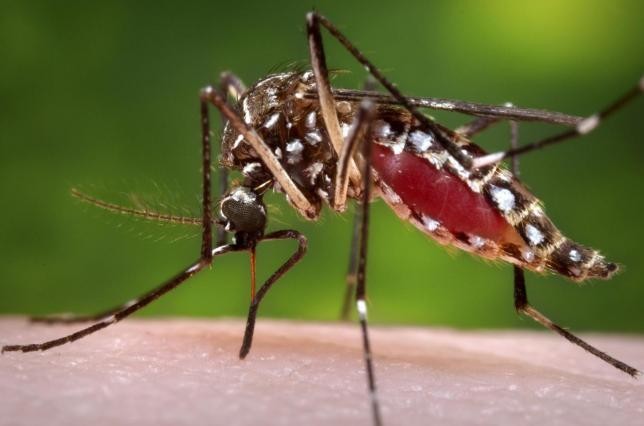With warmer weather comes an increased risk of local transmission of the Zika virus in China, so the National Institute for Viral Disease Control and Prevention is planning a large-scale extermination of mosquitoes in an effort to cut off the transmission of the virus and prevent its spread, according to a Wednesday statement by a senior virologist, as reported by China Daily.
Li Dexin, head of the institute, on Thursday said the guidelines for the treatment and control of the Zika virus have been prepared by the health authority.
Rain and warm weather help Aedes aegypti mosquitoes to multiply and survive, said Li. This species of mosquito transmits Zika to humans, increasing the possibility of transmission in China, added Li.
In response, the health authority is considering a yearly mosquito mass extermination campaign to contain the mosquitoes, usually in April or May, according to Li.
According to Guo Yuhong, a researcher at the Chinese Center for Disease Control and Prevention's Infectious Disease Institute, the Zika-spreading mosquito has been a dominant breed in South China for a long time.
Guo also said that Zika-carrying mosquitoes can infect people they bite and pass on the virus to the next generation of mosquitoes. Additionally, infected people can give the virus to mosquitoes that bite them, and these mosquitoes can then spread the virus to humans.
"So the current control priority is to prevent imported Zika virus, either in humans or mosquitoes from the affected areas," said Li.
Tools to screen for the virus have been distributed to all provincial-level centers for disease control, as well as important ports of entry nationwide.
"It can show results in two to three hours, and we've conducted training for workers," said Li.
However, Li emphasized that in most cases, people infected with Zika develop mild symptoms and recover quickly.
"The most important thing is to quarantine them from the mosquitoes," Li said. About 80 percent of infected humans show no symptoms, but "they could still spread the virus to mosquitoes that bite them."
Experts are currently most concerned about the possible link between Zika infection and microcephaly, a condition wherein newborns have abnormally small heads and brains that have not developed properly.
Li suggests pregnant women steer clear of affected areas.



























